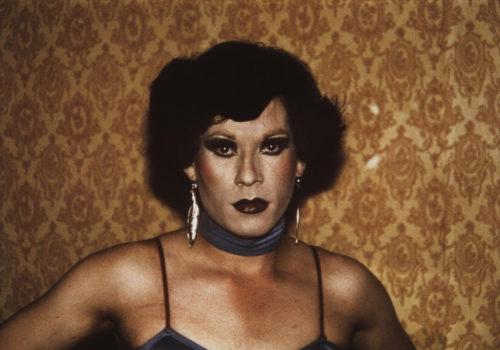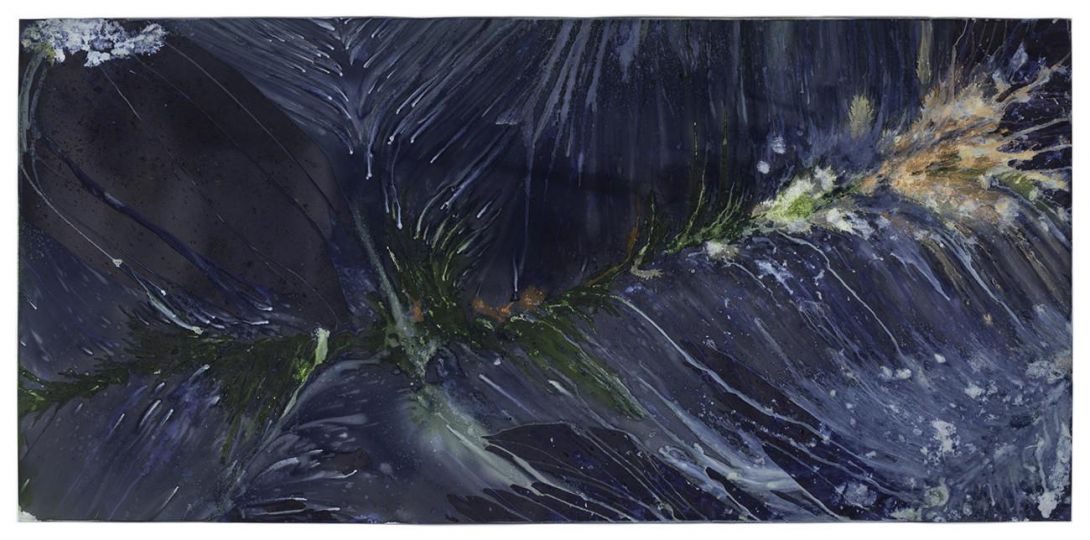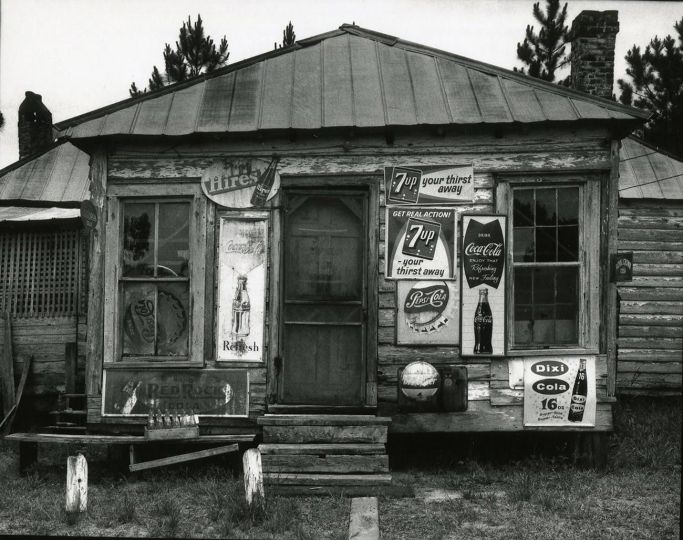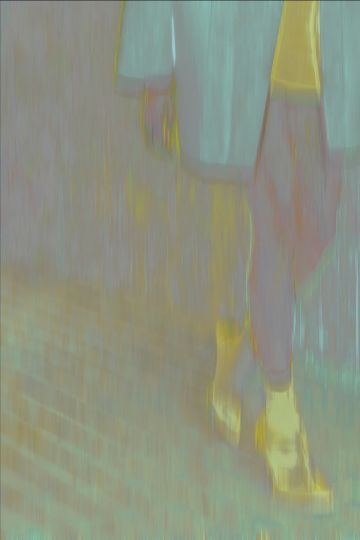“I was very interested in the history of prostitution in Chile. I wanted to know more about women, I wanted to know more about myself, I wanted to know a lot of things.” – Paz Errazuriz
For her first personal exhibition in a Parisian institution, the Chilean photographer Paz Errázuriz, relatively little exhibited in France, presents no less than 120 prints from 15 series including three unpublished: Próceres (1983), Sepur Zarco (2016) and Ñuble (2019). ) as well as the emblematic series La Manzana de Adán produced between 1982 and 1987. Paz Errázuriz looks at the invisible and those who live in separate, even parallel worlds: circus artists, wrestlers, transvestites and prostitutes, vagabonds or even the mentally ill are often photographed in confined spaces. Her long-term work allows her to build strong relationships with her models, women and men pose proudly, sometimes abandon themselves, give access to a part of their intimacy. With great loyalty to the people photographed, Paz Errázuriz often says that she always has trouble closing a series. The stories, the lives photographed remain “unfinished” for her, as if she did not want to see the people she met disappear.
The work of Paz Errázuriz is marked with iron by the dark years of the Pinochet regime (September 11, 1973 – March 11, 1990). Born in 1944 in Santiago de Chile, she was a teacher before beginning her artistic career as an autodidact in the 1970s: “My beginnings as a professional photographer correspond to those of the dictatorship. Photography allowed me to express myself in my own way and to participate in the resistance. It’s strange how hostile and dangerous times can stimulate artists. All this creative energy is then expressed through metaphor. This was the case in Chile in the 1980s.
Paz Errázuriz therefore took her first photographs in the 1970s. Her black and white portraits, of great formal beauty, speak of social diktats, the invisibility of certain groups, the human condition, and disturb the conventions of visual representation.
Traveling exhaustively through her country from Santiago, from the north to the south to Patagonia, she draws up a powerful inventory of those whom society regards as different, through their individual or collective histories. Recently, she produced an impressive series of portraits of the women of Sepur Zarco, a locality in Guatemala, all victims (survivors) in 1982 of the bloody repression of the military power and the violence exercised against them.
Curator: Béatrice Andrieux
Paz Errázuriz : Histoires inachevées (Historias inconclusas)
from September 8 to December 20, 2023
Maison de l’Amérique latine
217 Boulevard Saint Germain
75007 Paris
www.mal217.org
















